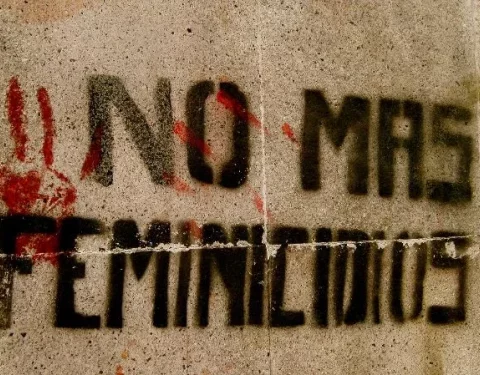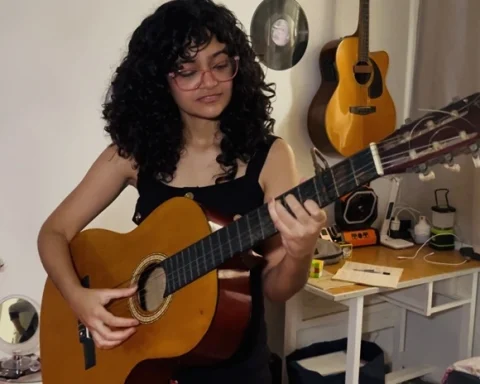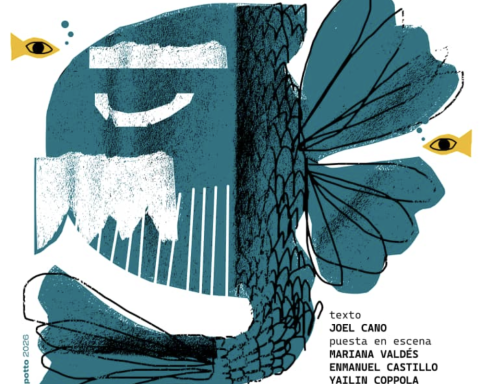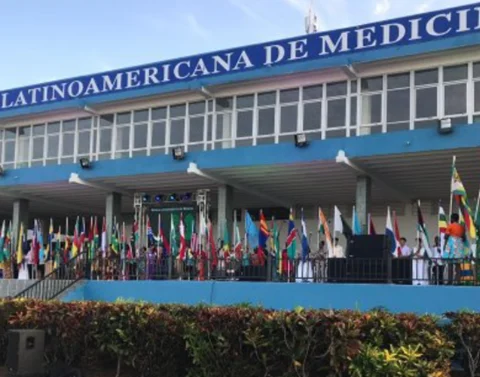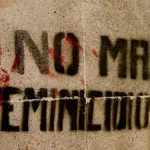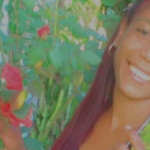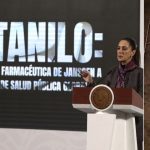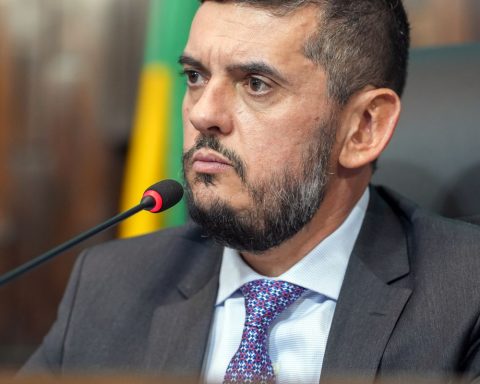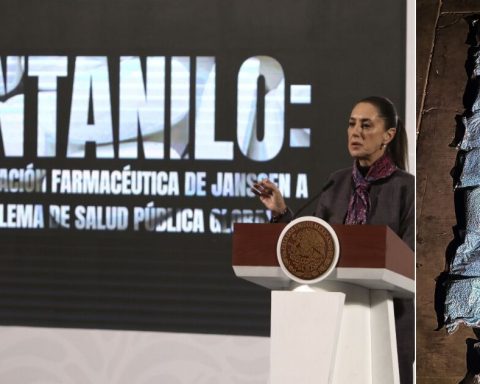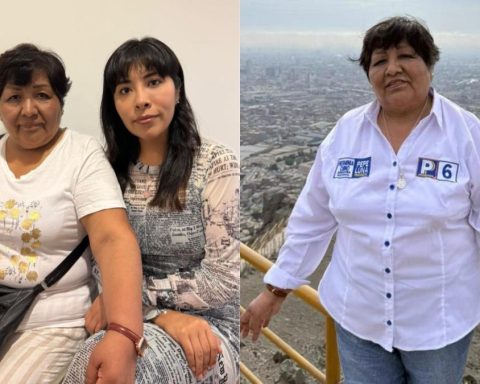HAVANA, Cuba.- For more than sixty years in Cuba we have been recycling and reconsidering; food, clothes, ideas, and even some “big decisions” of power are “transformed” or recycled. Apparently Díaz-Canel has very poor initiatives, which makes him a recycler of ideas, and especially if the “initial” ideas were Fidel Castro’s. It turns out that they told me yesterday that Díaz-Canel has recommended turning prisons into schools, but until now I have not been able to confirm it, although I believe, like many, that when the river sounds it brings stones.
And that buzz led me to remember Fidel Castro who decided to turn the barracks into schools. Who still does not remember the bombast that accompanied that Moncada Barracks metamorphosed into the 26 de Julio School City, with the sole and most real pretense of honoring oneself and incidentally the rest of the assailants to the barracks. That barracks that only makes one think, even today, in blood and deaths, became a school. And that would be the first in Cuba. Then other barracks would come which, in towns and cities, had the same fate.
Columbia, the Columbia of the “bosses”, after the “triumph” also became a school that they gave the name of “Liberty City”, a great school in which, with the passage of time, the head of the prevention troops, those troops that are scary and also terrifying, those troops that we know as “red berets”, those “red berets” that “press and terrify”. Those troops also have another small base in “La Cabaña”, in that Cabaña once run by a shooting addict.
And we should also remember the much-mentioned “Colegio de Belén”, that Bethlehem where the young Fidel Castro was trained, the same one who would later attack barracks and wage wars in the Sierra Maestra, in the Escambray, in Angola, and in “half Africa”. ”, including in some parts of Central and South America.
And while all this was happening, and is still happening, Cuban children would be “blessed” with a scarf and a motto that made them scream that they would be like Che, like that bearded Argentine who waged wars galore, and who was always armed, ready to aim to then press the trigger, so that the bullet entered the best point, the one in which the quick death is achieved, and from where the blood spurts out.
Fidel Castro turned the barracks into schools, but then, forgetful, he built new barracks, and hundreds, perhaps thousands, of police units in which daily orders are received to monitor, repress, and even kill. And it turns out that now Díaz-Canel proposes to turn the prisons, of which there are many, into schools, without mentioning the fact that all those schools in the countryside were built by the “revolution”, and in which generations and generations of Cubans study. . Those schools became prisons, and the pencil, the primer and the manual were exchanged for high barbed wire and rifles, many rifles that lacerate, and also kill.
I still remember those schools in the field in which we study several generations of young Cubans; those ugly buildings that were built according to the Girón construction method, with pieces of reinforced concrete. I remember those schools with a teaching building and another for dormitories, both linked by a central corridor. The hostels full of bunk beds, and the stinking bathrooms, the always broken showers, and the filthy sinks. I cannot forget those schools in which we studied in Cuba, which we entered when we were eleven or twelve years old, even though we had to be protected by our parents.
How many of us who were there could forget that cry: “stand up”, the one that woke us up every day? Who does not remember the loudspeakers amplifying the voices of the duo “Los compadres” who sang: “Cuban dawn that a new day has come…”? And the day began in the furrow or in the classroom, without mom, without dad, without their affections. Some of us graduated from those schools to go to university, but many ended up waging wars in Africa and returned dead because they were prepared for that, others went to the North.
Many of those schools will now undergo a new metamorphosis. Those facilities that were schools and then prisons will be schools again. And there could be a big roll, because some names will persist by popular will, regardless of the new baptism. And the father who took his son to a school that was a prison until yesterday will tell him, at least for a while, La Conchita, even though the new name is Fidel Castro. And the school that occupies the space of the Guatao women’s prison could be called Vilma Espín or Celia Sánchez, but Guatao will remain in the memory for a long time. Che Guevara could perhaps be called one of those schools, although before it was a highly notorious prison.
Many prisons in Cuba will go back to pre-university schools, but maybe for a very short time, maybe a couple of years, probably less, because a large part of the Cuban population breaks the law and goes to jail. And then it could grow dizzyingly in the midst of chaos and misery. Poverty is perhaps the main cause of crime. Soon those prisons that were built to teach and were later used to reeducate thieves, murderers, pimps, prostitutes, sexual abusers, will be schools again.
It turns out that these changes from one day to the next in the essence of things and perhaps even in their names are not spontaneous at all, they do not respond to the dynamics of things. A name could also be the essence of “the thing”, a function could also be an attribute. The school has an essence, like prison. And it is that things are also what we can say about them. A jail is a jail and a school is a school, but if a head of government decides, in the blink of an eye, to turn barracks into schools, and then schools into prisons, and later into schools again, it is changing also the essences of those things, over and over again, and it puts us at risk, in the midst of chaos, so much so that it makes us doubt everything. A prison is a prison, even before we see it, before we have contact with it; And the same thing happens with the school. The predicates of things are also essential.
The stability of the thing is important. A school cannot become a prison overnight or vice versa. The names of things are not an accident, the names of things should respond to essences. I would not like to study in what used to be a prison, nor would I like to live in a cemetery, even if it was called Paradise.
OPINION ARTICLE
The opinions expressed in this article are the sole responsibility of the issuer and do not necessarily represent the opinion of CubaNet.
Receive information from CubaNet on your cell phone through WhatsApp. Send us a message with the word “CUBA” on the phone +1 (786) 316-2072, You can also subscribe to our electronic newsletter by giving click here.
The post Recycle, recycle, we will win! appeared first on CubaNet.

